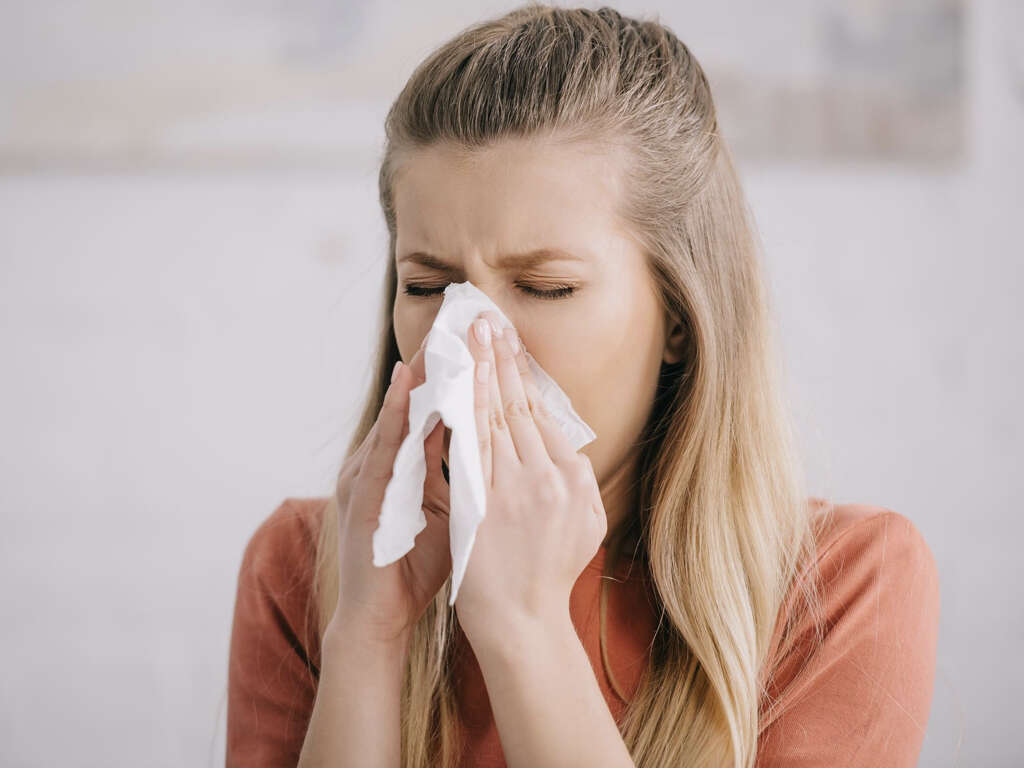10 Atypical Pneumonia Symptoms
 Article Sources
Article Sources
- 1. 'Atypical Pneumonia.' Centers for Disease Control and Prevention, 8 Apr. 2021, www.cdc.gov/pneumonia/atypical/index.html
- 2. 'Atypical Bacterial Pneumonia - StatPearls - NCBI Bookshelf.' National Center for Biotechnology Information, 15 Aug. 2020, www.ncbi.nlm.nih.gov/books/NBK532239/
- 3. Smith, Charlotte. '6-At-Home Remedies to Ease Your Sore Throat' Nov. 10, 2020. https://www.pennmedicine.org'updates/blogs/health-and-wellness/2018/february/sore-throat
- 4. 'Severe Atypical Pneumonia in Critically Ill Patients: a Retrospective Multicenter Study.' Annals of Intensive Care, 13 Aug. 2018, annalsofintensivecare.springeropen.com/articles/10.1186/s13613-018-0429-z
- 5. 'Pneumonia.' Advancing Heart, Lung, Blood, and Sleep Research & Innovation | NHLBI, NIH, www.nhlbi.nih.gov/health-topics/pneumonia
- 6. 'Atypical Pneumonia: MedlinePlus Medical Encyclopedia.' MedlinePlus - Health Information from the National Library of Medicine, medlineplus.gov/ency/article/000079.htm
Chest Pain
Chest pain that is worse when breathing deeply or coughing is often associated with atypical pneumonia, although it's less common than other symptoms. The pain is often described as sharp or stabbing in nature.
One of the causes of the pain relates to the pleura, which is the two-layer membrane that lines the lungs. When someone has pneumonia, the pleura can become swollen and inflamed, causing a sharp or stabbing pain when the person breathes in.
Advertisement










